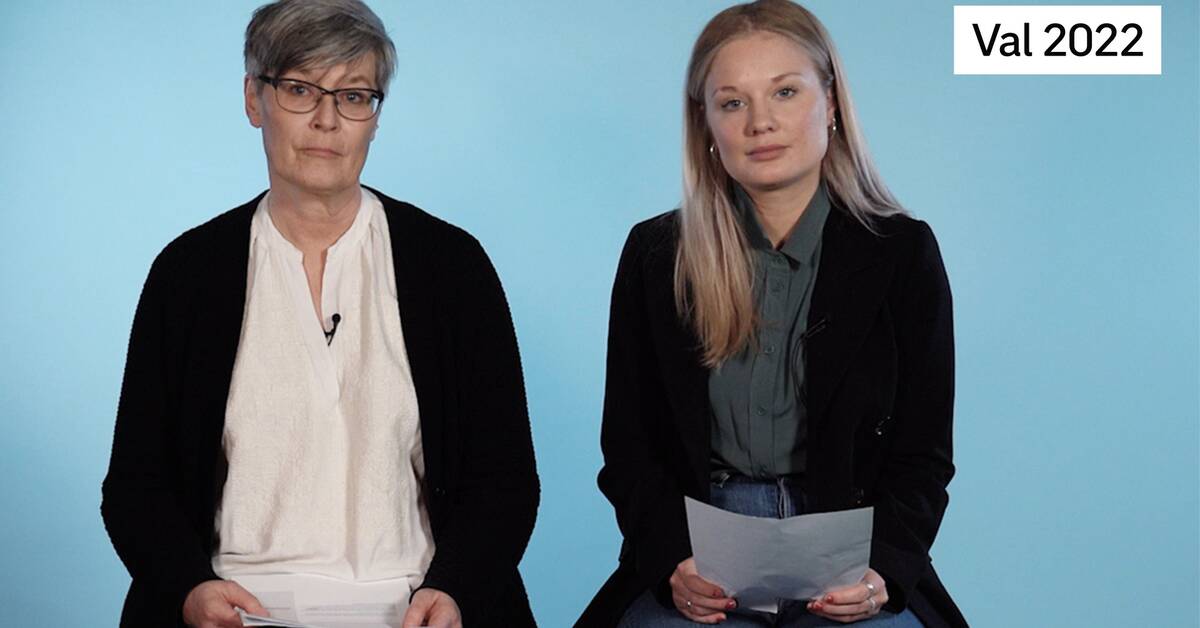“My waiting list is full of multi-sick chronic patients who need a check but do not have time.
Not even when they call and are impaired do they get a time. ”
“You do not have time to make a proper and intended assessment.
You miss and forget things, prescribe the wrong medicine or the wrong dose, make mistakes in prescriptions, miss important test results and X-ray answers. ”
"Conditions that could have been cured become chronic or have serious consequences."
"There is a constant lack of time to read the journal properly and document correctly."
"Matters are handled by telephone even though it should be a visit."
These are just a few testimonies from many doctors who tell SVT News about how patient safety is endangered in Swedish primary care today.
"We are 'held hostage' by the employer"
As SVT Nyheter previously reported, many primary care physicians feel that the workload is unreasonable and when asked if their work situation has ever endangered patient safety, 57 percent answer yes.
Furthermore, only 26 percent believe that primary care delivers the care it should.
Many doctors tell SVT Nyheter that they have to choose daily between paying attention to quality and going home on time or sitting over and working.
For example, how to write one:
"I can not ignore the patients no matter how much I have to do.
In that way, I feel that we are "held hostage" by the employer.
We always go the extra mile to keep patients out of trouble. ”
SKR: "Must review how to work"
Sweden's municipalities and regions, SKR, which have read the testimonies, find them worrying.
- If there is that signal in a business, you have to review how you work, says Emma Spak who is section manager at SKR.
However, this does not seem to be a local problem. Doctors from large parts of Sweden talk about how patient safety is endangered. What are you doing about it today?
- This with changed working methods is something that the regions work a lot with, at the same time as they try to get more people who can work in primary care, says Emma Spak.

